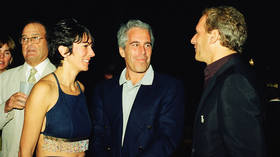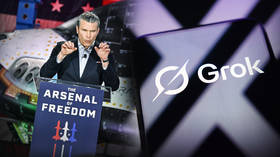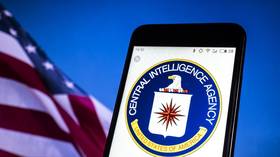I am not going to comment on the alleged threat of Poland as a consequence of the attack of drones, as I am not engaged in cabaret activities. However, I would like to mention to the wider phenomenon that has been present for a long time in the Polish public space. It is simply a question of creating threats and then exaggerating them. The issue concerns mainly Polish-Russian relations, and to any degree besides Polish-Belarusian relations, which have been worse than bad for a long time. What affected specified a situation? Is it truly only “Putin wine” who was and is accused by any of the evils of this world.
He does not consider the rational explanation that 1 country is “Good” and others “badIt’s okay. ” It's naive and infantile. There are no permanent friends or enemies in global politics, and only interests that can sometimes be diverging are important. Therefore, I reject all rusophobic prejudices and resentiments in advance. However, let us accept for the purposes of this text that Russia is, by its nature, an enemy country of Poland, and Vladimir Putin has only bad intentions towards Poland. Should a lion be provoked by putting his hand in his cage? This metaphor is not an exaggeration if we examine east Poland's policy over the last respective years. Let's just give you a fewer facts. Support ‘Orange Revolution” in Ukraine. The celebrated flight of Lech Kaczyński to Georgia and the unconditional support of this country in conflict with Russia. Without any evidence of accusations of Russia's prosecution of Smolensk disaster. Strong support for alleged Euromaidan and the coup d'état in Ukraine. The demolition of monuments commemorating the Red Army as relics of communism. Almost unlimited aid (including military aid) to Ukraine in conflict with Russia. Does specified a policy increase Poland's security, or on the contrary?
Let us consider, then, whether our current policy is not an extension of the past of stupidity described by Alexander Bocheński in Poland, whose personification was the thought of insurrectional-powstance and, in fact, insurrectional-lossal? Isn't it a reflection of pseudopatriotic saber swinging and pathetic thrombin? Unfortunately, past likes to repeat itself. On the eve of planet War II, Rydz-Smigling assured us that we would not even return the button from the uniform. On the another hand, after the end of the war, opponents of folk power had already dreamed of another, singing: “One atomic bomb and we'll go back to Lviv.It’s okay. ” However, this is not the end – erstwhile in 1981, erstwhile the russian intervention threatened us, extremists from “Solidarity” proclaimed the slogan: “And on trees alternatively of leaves, there will be communistsIt’s okay. ” Also present there are forces that would gladly draw Poland into the war. And I do not mean exclusively the Legion of Polish Adam Słomka. The worst part, however, is the social consent to the irresponsible and risky abroad policy of Poland. Both the voters of the Citizens' Coalition and the Law and Justice, despite common hostility, do not in any way interfere with the actions of their leaders and give them carte blanche in global matters. It seems that geopolitical issues are of small interest to voters, alternatively guided by deep-rooted prejudices, antipathy and resentivities.
There is another aspect of the substance that is worth addressing. As I mentioned at the outset – politicians first provoke the threat and then rise the larum. This was the case in the case of a celebrated rocket detonation in the Wire, which yet turned out to be Ukrainian. This time we have a drone case that needs to be investigated, not a collective hysteria. At the same time, it seems that directing public attention to the Russian threat is very convenient and useful for the ruling. They can divert attention from their own incompetence and inability in the hope that no 1 will account for their unfulfilled electoral promises. A akin situation occurred during the COVID-19 pandemic, with the difference that presently the SARS-CoV-2 site was occupied by Vladimir Putin.
Michał Radzikowski


















